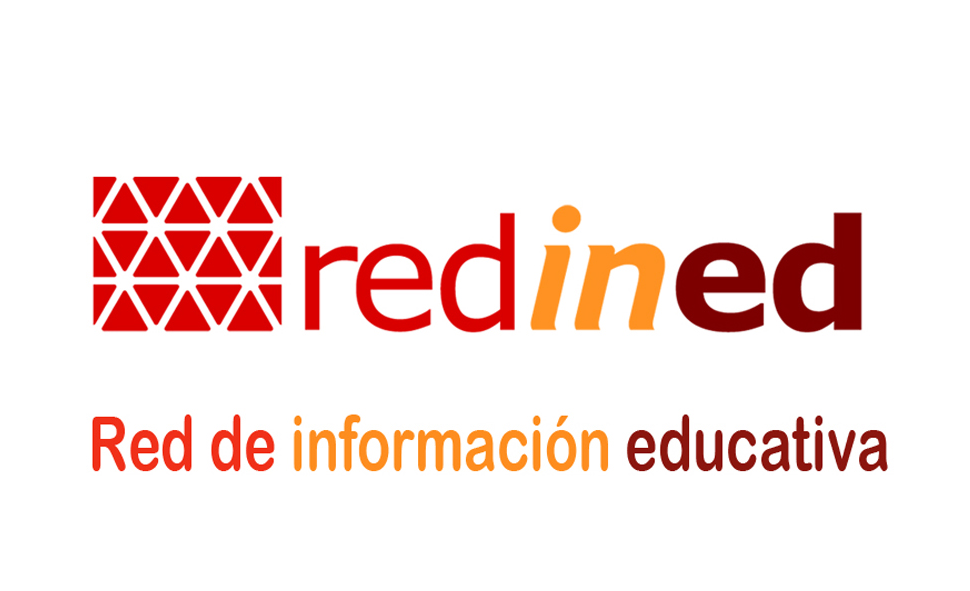The influence of eugenic thinking on special needs assessment procedures : a historical and international-comparative study of Germany, Italy, and the United States
Texto completo:
https://espaciotiempoyeducacion. ...Ver/Abrir
Nivel Educativo:
Tipo Documental:
Artículo de revistaEstadísticas:
Ver Estadísticas de usoMetadatos:
Mostrar el registro completo del ítemAutor:
Fecha:
2024Publicado en:
Espacio, tiempo y educación. 2024, v. 11, n. 2 ; p. 24-47Resumen:
Se analiza la influencia de la eugenesia en los procedimientos de evaluación en tres países: Alemania, Italia y Estados Unidos. Se considera que dicha ideología influye en el sector educativo, en particular en el proceso de identificación de los estudiantes como ''educables'' o ''no educables'', especialmente en aquellos que tienen discapacidades cognitivas o de aprendizaje. Después, se comparan los resultados de cada país y se identifican similitudes y diferencias. Se extrae que puede haber una narrativa general común sobre los elementos, instituciones y personas clave involucrados en estos procedimientos de identificación. La historia y las circunstancias únicas de cada país afectan significativamente su posición dentro de esta narrativa.
Se analiza la influencia de la eugenesia en los procedimientos de evaluación en tres países: Alemania, Italia y Estados Unidos. Se considera que dicha ideología influye en el sector educativo, en particular en el proceso de identificación de los estudiantes como ''educables'' o ''no educables'', especialmente en aquellos que tienen discapacidades cognitivas o de aprendizaje. Después, se comparan los resultados de cada país y se identifican similitudes y diferencias. Se extrae que puede haber una narrativa general común sobre los elementos, instituciones y personas clave involucrados en estos procedimientos de identificación. La historia y las circunstancias únicas de cada país afectan significativamente su posición dentro de esta narrativa.
Leer menosThe eugenics ideology had a global impact, leaving its mark on every country it touched. One area it influenced was the educational sector, particularly in the process of identifying students as ''educable'' or ''not educable'', especially those with cognitive impairments or learning disabilities. Our research focused on investigating the influence of eugenics on assessment procedures in three countries: Germany, Italy, and the United States. The first part of our study examined the development of these assessment procedures and how they changed before and after the eugenics movement in each country. The second part aimed to compare the results from each country and identify similarities and differences. Our findings revealed that while there may be a common overarching narrative regarding the key elements, institutions, and individuals involved in these identification procedures, the underlying reality is more complex. Each country¿s unique history and circumstances significantly impact their position within this narrative. Our research raises questions about whether there can be a universal approach to these assessment procedures.
The eugenics ideology had a global impact, leaving its mark on every country it touched. One area it influenced was the educational sector, particularly in the process of identifying students as ''educable'' or ''not educable'', especially those with cognitive impairments or learning disabilities. Our research focused on investigating the influence of eugenics on assessment procedures in three countries: Germany, Italy, and the United States. The first part of our study examined the development of these assessment procedures and how they changed before and after the eugenics movement in each country. The second part aimed to compare the results from each country and identify similarities and differences. Our findings revealed that while there may be a common overarching narrative regarding the key elements, institutions, and individuals involved in these identification procedures, the underlying reality is more complex. Each country¿s unique history and circumstances significantly impact their position within this narrative. Our research raises questions about whether there can be a universal approach to these assessment procedures.
Leer menos




